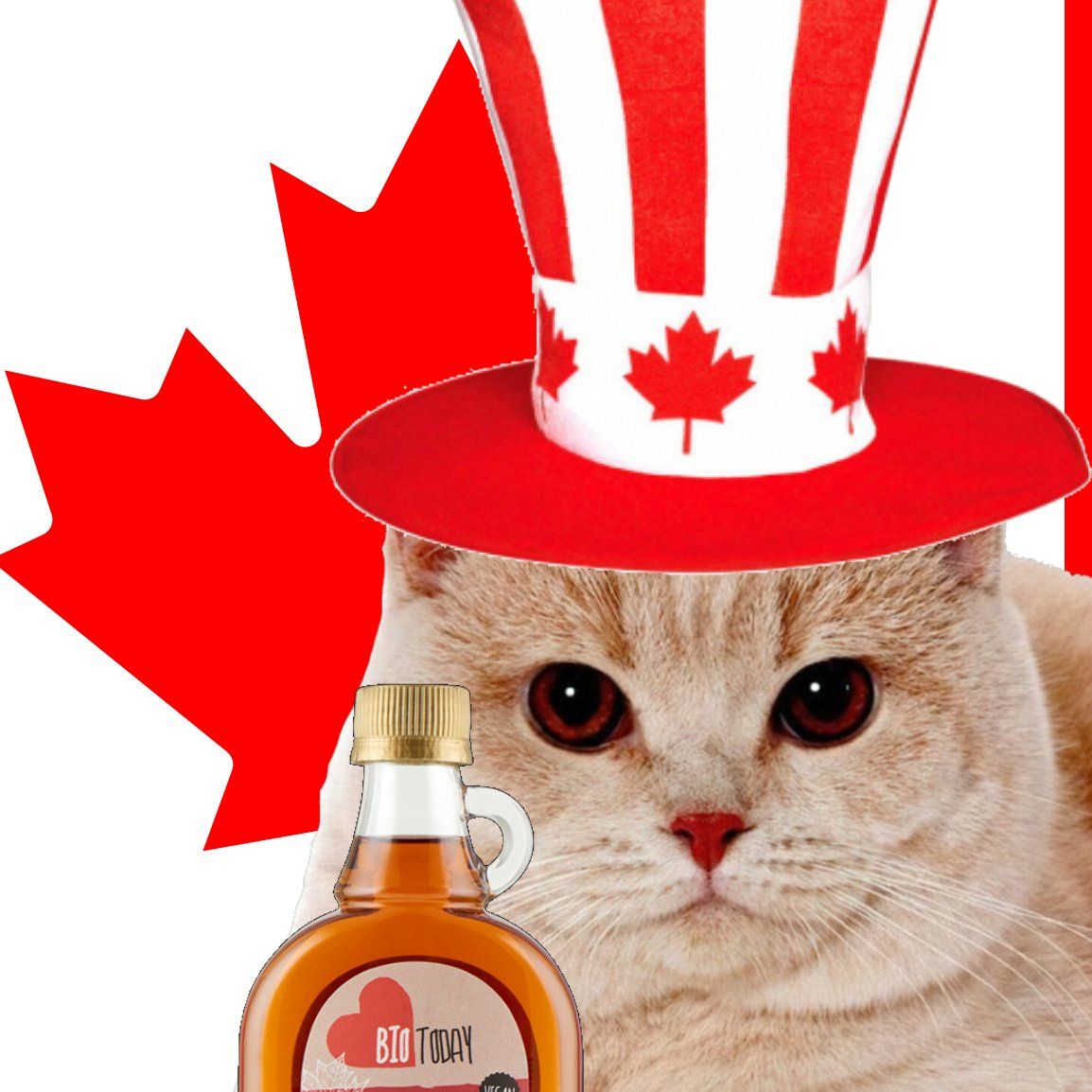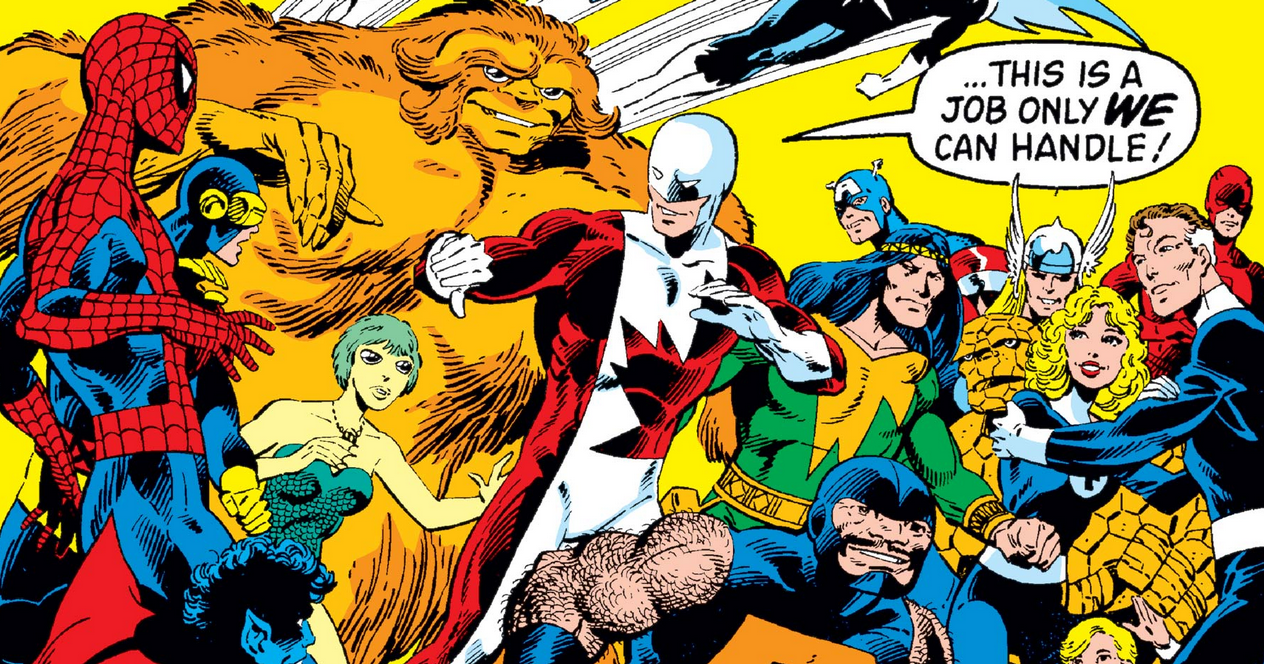So Many Ways To Be Indie

Notes on Indie Sleaze, Canada, and Scrawl
Hey guys, long time no talk. Sorry about that. I was trying to get this lil’ fucker more regular, but instead I did the other thing. I don’t have a set topic but you deserve something, so let’s see how this goes.
First, I was going to try to write about the Indie Sleaze Revival but I don’t think I have it in me. On a practical level, I’m too old and too in love with my wife to really explore the scene first hand. And a depressing bit of gonzo would be made only more so by middle-aged me pronouncing some monied nü-Manahttanites to be inferior, in their debauchery, to that of the now old money Strokes.
Plus, well, the New Indie Sleaze music is pretty bad. Like, it’s more a We Are Scientists revival than anything, with some Kirin J Callinan thrown on top as some sort of throuple completing sex pillow. I’m being kind when I say that The Dare makes Ninjasonik sound like Kraftwerk, and that I can only assume that the Spotify Indie Sleaze playlist has Santigold's “L.E.S. Artiste” sixty-four songs away from The Dare’s “Sex” under the assumption that putting it any closer would force the latter song to delete itself out of shame.
So, no Indie Sleaze in this edition. I’d berate myself for falling into the cliche of hating the “kids,” but the kids in this case are the median age between the kids whose parents force them to wear Bikini Kill shirts and the kids with Chain of Strength tattoos. They’re basically Swiftie age; an eternal twentysix; no longer interns, and not yet middle management. They’ll all outlive me, just so long as they don’t embody their schtick too much or too early.
On the opposite end of the spectrum, I recently found myself at a Big Wreck show. If you’re like me—and are neither Canadian nor someone who paid much attention to rock radio in the late ‘90s—you may not be familiar with this band. I had never heard Big Wreck’s name, not even once or in passing, but it turns out that they had a pretty big Mainstream Rock hit in America, with “The Oaf (My Luck Is Wasted),” and were consistent chart toppers in Canada. Nicklback has apparently covered a number of their songs, which I guess makes Big Wreck Nickleback’s Meat Puppets. Anyway, while… not being quite as good as the Meat Puppets, they aren’t bad. As far as post-grunge crazy quilting goes, they’re pretty good in fact; throwing in amiable Alice In Chainsian “yeahs,” and a couple guitar squiggles from The Bends, over better-than-average renditions of the mid-tempo reasonable rawk that was popular in the late ‘90s. In fact, my own snobbery aside, they’re better than that. Certainly no worse than middle period Foo Fighters, and largely free of that band’s oppressive vibe of existing solely to exist.

My Creem (don’t forget to subscribe!) Magazine boss John Martin’s band, Mick’s Jaguar, was opening up for Big Wreck at Gramercy Theatre and I’m always game for a potentially upsetting time, so I went. It was more surreal than I can probably express, but I’ll try.
Basically, seeing a top ten band, from two decades ago, that I’d never heard of was a lot like what I assume that movie about the Beatles never having happened was about. Seeing a packed venue of people my age swooningly singing along with every word to songs—that were familiar in their feeling, while being entirely alien—felt as if I’d fallen through a portal into another dimension. A dimension where Nicklback was Nirvana, Stone Temple Pilots were the Beatles, Canada had single-handedly won WW2, and upside-down-triangle gelled hair was still de rigueur for guitar rock frontmen. In this alternate reality, Kissinger was still Kissinger and Neil Young was still Neil Young, but neither of those details are relevant to this discussion.
Anyway, it was weird. But I felt like not hating it, so I didn’t. Like any polite alien, I looked to the crowd and followed its cues. When they screamed, I screamed. When they grinned in recognition at the opening bars of a song I was pretty confident hadn’t existed in this reality 24 hours prior, I grinned too. I’ve seen Invasion of The Body Snatchers and I knew both the etiquette and—in what would be an unsurprising twist—the possibility that it was, like, humanity that was the villain all along. Big Wreck seemed like lovely people. Their audience was sweet as pie, with a combined enthusiasm that was nothing short of winning. So, if there had to be a bad guy (and there is always a bad guy), there weren't a lot of choices left. I cheered along until I feared that the novelty might wear off, allowing my instinctual distaste for pastiche and/or joy to take over. I got out of there before that might happen.
When I posted about the show later, my mentions were full of serially nice guys just plumb excited to discuss one of their favorite bands. Not knowing if they had some sort of “Big Wreck” google alert or if they were interdimensional, boho-alt-reality cops looking to throw my ass into the Canadian Phantom Zone, I stopped responding.
(OK, I stopped responding when the third person pointed out that Big Wreck is originally from Boston, like I don’t own a Wikipedia, and some son of a bitch implied that I must never have heard of Sloan. And my feelings started getting hurt. I don’t need to be punished for my honest admission to not knowing a band by a bunch of post-grunge Alpha Flight-ers who I bet don’t own a single CD by The Nils.)
There’s a very particular thing that I do like about bands like Big Wreck. It’s a thing that always seems like damning faint praise, and which I like far more in other bands. What I like about Big Wreck—and like more in other bands—is… how regular it is. Now, nobody would want to be called that. And nor should they, as I just as often use the general comment as an insult. “Regular” is a crotch hair away from being “normie” after all. I find Foo Fighters and Nickleback to be regular to the extreme, and I have little time for either band. But, when discussing bands I love, I say “regular” (or “meat and potatoes,” etc.), I’m talking about bands that sound like—and sing about—the day to day. The, you know, grit. And not the gritty “realism” of Slayer or Wolverine, but the grit that gets under one’s fingernails. I mean bands like Eleventh Dream Day, Pegboy, or The Mekons when they’re singing about drinking rather than the grand arc of history. Bands that give the illusion, like the best punk, that anyone can do it and—hey look!—they are. Of course, like punk, this is incredibly difficult to pull off. If you fail, you either literally fail (in that you don’t actually manage to make a song) or, worse, you succeed, but only in being as prosaic as potatoes and as hacky as meat. You get rich. But you’re the Goo Goo Dolls. Which must feel terrible.
But when a band succeed succeeds—when a band communicates all the weary hope and skeptical doggy paddling above life’s grind that critics talk about in the liner notes for Mekons’ albums—it’s just about my favorite kind of music there is.
Now, mind you, I don’t enjoy the subgenre of rock that Big Wreck plays enough to claim that they reside on either side of the above divide. They do seem amiably workmanlike, but I can’t separate their songs from the obvious inspirations. I’ll let the Big Wreck lovers and Big Wreck haters decide for themselves. I’m mainly using Big Wreck as a segue. Because the meat and potatoes—slumming in the gutters, spitting in the eyes of the stars—rock band, that I’ve recently been most obsessed with, is a little band that’s from Dayton, Ohio, a small city about 437 miles southwest of Big Wreck’s sophisticated homebase.
That’s right; the only regular rock I currently care about is by Scrawl. Particularly, at least once a day, that band’s masterpiece, Velvet Hammer.
Recorded with Steve Albini and released on Simple Machines in 1993, Velvet Hammer is one of the finest renderings of medium town love and despair I’ve ever heard. The songs (with “Your Mother Wants To Know” being about familial abuse and songs like “Take a Swing” and “Drunken Fool” being, as both accusation and confession, about hitting the people you love and hitting the bottle, respectively) are relentless in both pain and empathy, while maintaining the crunching forward motion of the best overcast day—smoking out the rolled down window—driving songs. The characters in Velvet Hammer are the demi-urbanite, hep cat losers and ally cat users, who similarly populate the songs on albums like Archers of Loaf’s Vee Vee: barbacks, layabouts, landscapers, record store clerks, and all the other problem drinkers who read too much and never comb their hair. But if Archers of Loaf dealt with the same milieu, the North Carolina band was more concerned with a “scene” that’s denizens seemed to number more than the actual population of Chapel Hill. Even the deadenders, feuding over the smallest of stakes, were depicted as biggish fish bucking against the smallness of the town. Conversely, the damaged smart alecs that make up Scrawl songs seem to be bucking up against the confines of a house party kitchen, with every altercation threatening to knock over half a plastic bottle of vodka and half a dozen makeshift ashtrays. And if indie sleaze, as it’s currently accepted, is the sound of big city youth playacting at oblivion, then Velvet Hammer is the sound of actual indie rockers skirting a similar oblivion, with only economic realities keeping them off the coasts and the benefits of a human soul keeping them from slipping through or under entirely.
The music itself on Velvet Hammer is nearly archetypal indie rock; sounding unmistakably Albini-engineered, but avoiding the AmRep-lite dry-grunt that could sometimes dominate records of the same period (and ever since). Sue Harshe’s bass—in both style and tone—has the rubber band tautness of noise rock. It provides both skeleton and sinew for the majority of the album, even as the listener fears for a snapping-too-far which might signal that body breaking down. Marcy Mays plays her guitar with slowcore patience/prettiness, allowing distortion decay to stumble into the riff that follows. Except when she doesn’t, and instead pulls jagged, Andy Gill-esque scraping—or Sonic Youth other-melodies—from her instrument in order to fill the band's 1993 quiet/loud quotient. But with so much catharsis already imbued into her playing, the idea of “release” feels quaint, bordering on naive. Dana Marshall, who joined as the band’s second drummer in 1992, plays like the snare, the rim of the snare, the kick, and a teeth clenched hi hat, are the only things on earth that she can trust. She uses the full kit, to explosive effect but grudgingly, as if using the toms—and the crash as anything but punctuation—might betray the insularity of the songs.
The previous paragraph should be taken with a grain of salt. I don’t play an instrument so I could be all wrong about the details. If Albini reads this and wants to correct my analysis of the production (sorry, engineering), or it turns out that Dana Marshall was actually playing the toms like she was in Bauhaus, I’ll happily eat my embarrassment. My main point is that Velvet Hammer sounds real nice, is extremely bruising, and makes me cry like a child for the usual ineffable reasons that I dig.
Oh and hey, look. Just like the last edition of Abundant Living, where I linked to a Stephanie Burt poem about Blood Circus, the poet has a long essay about Scrawl that explains their appeal even better than I could. http://atlengthmag.com/music/scrawl-punk-rock-for-grown-ups-a-retrospective/
OK that’s all! Thanks for reading! Subscribe to this newsletter! Subscribe to Creem! Buy Zohra’s record! And if you’re reading this today (June 6, 2023), come see her play with Lydia Lunch at Saint Vitus! (If you’re reading this in the future, don’t tell me how I die.)
Thanks.
PS. It appears I failed to notice the recent twenty year anniversary of Riverboat Gamblers’ 2003 album, Something to Crow About. It too is a gorgeous album that everyone should own. I’ll write about it… soon…
PPS. If you find yourself subscribed to this newsletter but you didn't subscribe, it's because you subscribed over at my dormant Substack and I added you over here. If Ghost is insufficiently libertarian for you, feel free to unsubscribe. But let's be honest, Ghost is probably libertarian enough too, so I hope you'll stick around.


